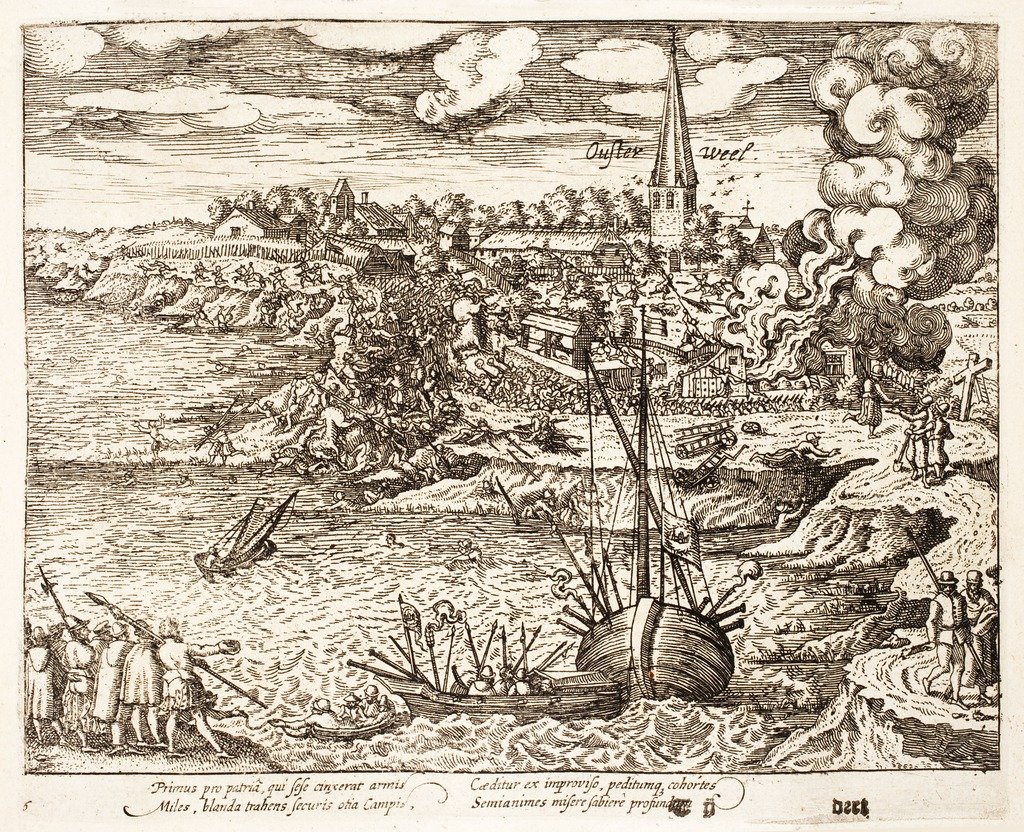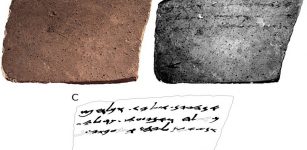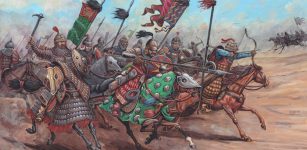On This Day In History: Battle of Oosterweel Was Fought – On Mar 13, 1567
AncientPages.com - On March 13, 1567, the Battle of Oosterweel was fought and was traditionally seen as the beginning of the Eighty Years' War or Dutch War of Independence (1568–1648).
A Spanish professional army under General Beauvoir defeated an army of radical Calvinist rebels under Jan de Marnix.
 Battle of Oosterweel near Antwerp, 13 March 1567 at the start of the Eighty Years's War. Overview of the raging battle on the coastline, with ships, soldiers, cavalry, church of "Ousterweel", palissade, building on fire. Latin poem. Image credit: - Peace Palace Library - Public Domain
Battle of Oosterweel near Antwerp, 13 March 1567 at the start of the Eighty Years's War. Overview of the raging battle on the coastline, with ships, soldiers, cavalry, church of "Ousterweel", palissade, building on fire. Latin poem. Image credit: - Peace Palace Library - Public Domain
The battle took place near the village of Oosterweel, north of Antwerp. The prisoners were considered rebels, and all were killed.
Some 700-800 Protestants died.
Battle of Oosterweel near Antwerp, March 13, 1567, at the start of the Eighty Years' War. Overview of the raging battle on the coastline, with ships, soldiers, cavalry, the church of "Ousterweel," palisade, building on fire. Latin poem. Image via wikipedia[/caption]
William the Silent, the Burggraaf of Antwerp, did not allow the Protestants of the city to come to their aid because he was, as lord of the city, bound by oath to support the Spanish King.
The Eighty Years' War, or Dutch War of Independence (1568–1648), was a revolt of the Seventeen Provinces of what are today the Netherlands, Belgium, and Luxembourg, as well as the French region of Hauts-de-France against the political and religious hegemony of Philip II of Spain, the sovereign of the Habsburg Netherlands.
After the initial stages, Philip II deployed his armies and regained control over most rebelling provinces. Under the leadership of the exiled William the Silent, the northern regions continued their resistance.
They eventually could oust the Habsburg armies, and in 1581 they established the Republic of the Seven United Netherlands. The war continued in other areas, although the heartland of the Republic was no longer threatened; this included the beginnings of the Dutch Colonial Empire, which at the time was conceived as carrying overseas the war with Spain.
Finally, an end was reached in 1648 with the Peace of Münster (a treaty part of the Peace of Westphalia), when the Dutch Republic was definitively recognized as an independent country. Spain and the major European powers had already recognized the Republic during the Twelve Years' Truce of 1609.
The Peace of Münster was also the start of the Dutch Golden Age.
AncientPages.com
Expand for references



















